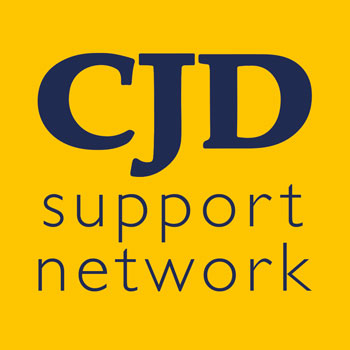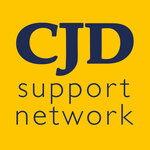At the CJD Support Network we are committed to promoting and upholding equity, diversity, and inclusion in all areas of what we do. We believe that everyone should be treated with dignity and respect, and that discrimination in any form is unacceptable.
Our commitment to this is strong and is shared by all members of our management committee. In particular, we are committed to welcoming and treating all members of our network with equity, regardless of their age, disability, gender reassignment, marriage or civil partnership, race, religion or belief, sex, sexual orientation, or any other aspect of their identity.
How we enact this commitment
Information
We offer information in a range of formats via our website, written materials, video content and telephone help line. Where information is required in a different format (for instance large font versions) we will support access by providing resources or linking in with other organisations to provide them. Where information is required in a language other than English, we will support access to this through sourcing translation ourselves or linking with other organisations to facilitate translation.
Support
We offer support in a range of different ways via our online community, telephone helpline, email address, online groups and in person meeting. We ensure that in person meetings are held in accessible buildings and ensure that any further accessibility requirements are enquired about and supported. Where required, we also offer financial assistance to enable attendance at in person meetings.
Inclusion and respect
Sexist, racist, homophobic, transphobic or otherwise offensive and inflammatory remarks and behaviours are not acceptable within the CJD Support Network. If any member of the support network feels that they have been discriminated against by the network or any of its members, the committee will investigate the complaint, listening to and supporting all involved (If the complaint is against a committee member, that member will not be part of conducting the investigation).
Any decision to exclude a person from the network due to discriminatory or harassing behaviour will be made with reference to the network’s constitution. The CJD Support Network will support people who feel they have been harassed or discriminated against, and will not treat them any differently because they have raised this.
Openness to feedback
We understand that we will not always get things ‘right’, and that there is always more that could be done to improve our work in terms of equity, diversity and inclusion. As such, we are open to any feedback on things that we could be doing differently and welcome suggestions for the consideration of the committee.

